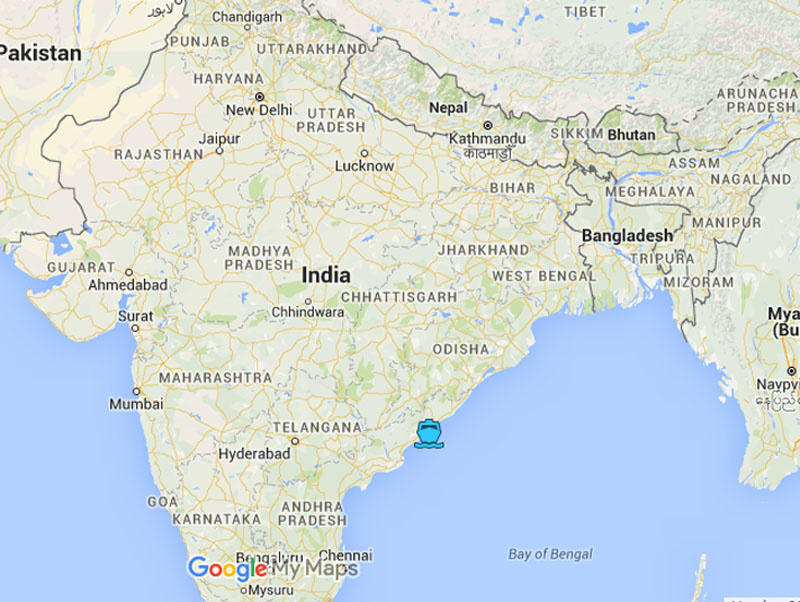Govt plans to bring its cargo via Vizag port
Kathmandu, November 26
Following the lukewarm response from traders to import and export through the Visakhapatnam (Vizag) port sine more than a year of the port being opened for Nepal, the government is mulling over bringing its imports through Vizag port. The Ministry of Commerce (MoC) has held discussions with Nepal Transit and Warehousing Co Ltd, which is working as the customs house agent for government cargoes, to import government cargo via Vizag port.
The government imports chemical fertilisers, machinery, information technology related equipment, aircraft equipment and arms and ammunition, among others, which will now be imported through the Vizag port to encourage traders to shift import and export through Vizag because imports and exports from Vizag are more predictable than the Kolkata port.
The government is going to take this move as traders have not shown willingness to shift to Vizag port.
The Kolkata port is a riverine port in the city of Kolkata and there are no chances of its expansion. On the other hand, it can only handle feeder vessels. Also, the unforeseen cost is high in Kolkata due to the inefficiency of the port and Nepali traders are compelled to pay high detention and demurrage charges to shipping liners as the containers are not cleared from the port in a timely manner.
According to MoC officials, Vizag offers effective and transparent services and the cost and time of trade could be minimised. Shipping liners like Maersk Line have been providing multimodal bill of lading facility to traders, which means the company takes full responsibility of the cargo from the port of origin to the destination port — Birgunj. Therefore, Vizag is a better option as it can handle mother vessels and the ocean freight cost can be minimised.
Currently, around 40 per cent of third-country cargo is ferried via road. Transportation cost from Vizag port (via train) is similar to ferrying cargo from Kolkata to Birgunj via road, as per transit and transport experts.
The government has doubts that the nexus between customs house agents (CHAs) and forwarders might have kept the traders in an illusion that trade from Vizag is not economical, said one high ranking official at the Nepal Intermodal Transport Development Board. “Traders will not have to face hassles and incur unforeseen costs of trade and there will be predictability in delivery of cargo if they utilise Vizag port.”
As per traders, Indian CHAs are responsible for Nepal-bound cargo on behalf of the consignees and they deal with the payments to the shipping liners. “Lack of transparency and involvement of middlemen in different layers result in high cost of trade from Kolkata, hence Nepali industries importing raw materials through Kolkata port are less competitive,” according to MoC officials.
“Traders should take up the next best option to minimise the time and cost of the country’s foreign trade, which will ultimately help tame inflation because inflation in import-based economies like Nepal is driven to a large extent by the supply side hassles,” they added. This basically means that the cost of trade is ultimately passed on to the consumers because the traders add the extra cost
incurred at consumer’s end.






